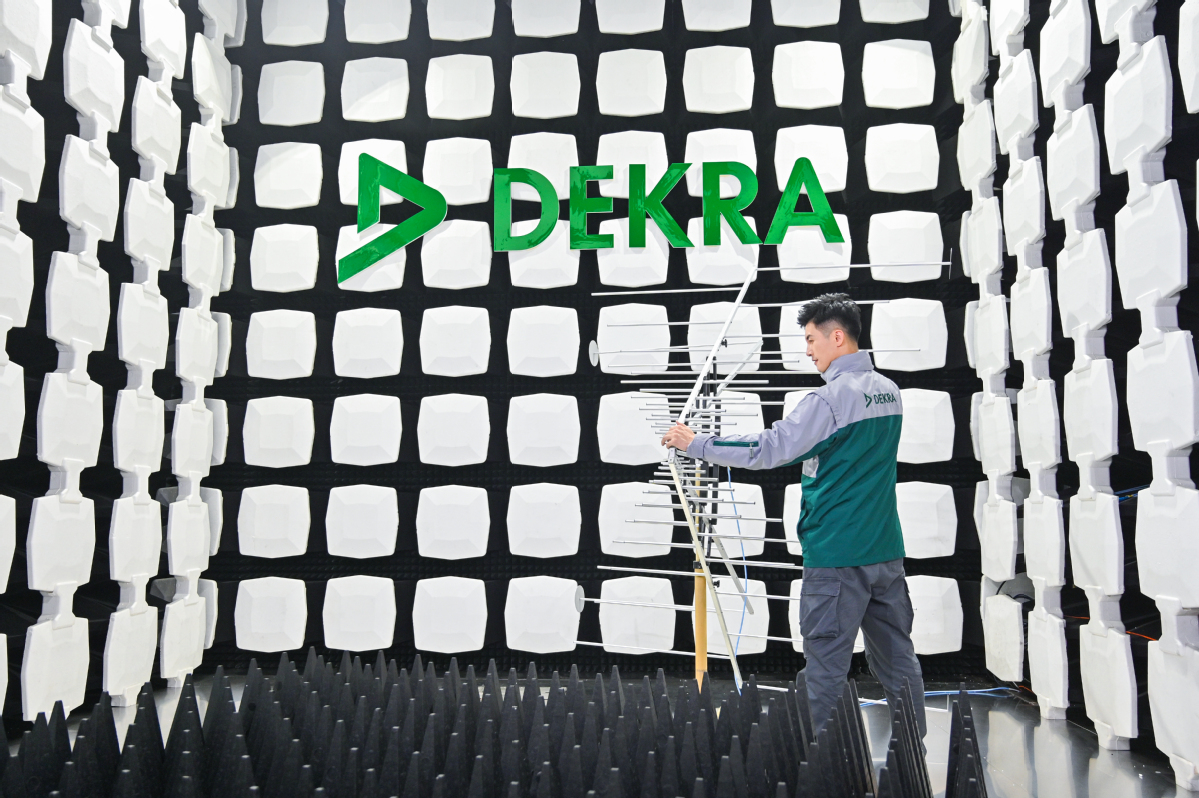Dekra Group mulls further expansion in nation


Germany's Dekra Group plans to invest in a number of Chinese cities, such as Shanghai and Guangzhou, Guangdong province, to build bigger industrial parks and laboratories this year to sustain business growth, a senior executive said.
This decision has been driven by China's surging export opportunities in sectors such as electric vehicles, household appliances, renewable energy and artificial intelligence-related products, coupled with the country's efforts to attract multinational corporations to its trade in services industries.
In addition to intensifying investment in Shanghai and Guangzhou, the Stuttgart-based testing, inspection and certification (TIC) group with nearly 50,000 employees worldwide, will also expand existing facilities or build new laboratories in Suzhou, Jiangsu province and Hefei, Anhui province, this year.
"We foresee new growth drivers emerging in various sectors, particularly in technology and innovation, driven by continued reforms and opening-up policies," said Kilian Aviles, senior vice-president for Dekra APAC and managing director of Dekra China.
Led by the development of new quality productive forces and Chinese manufacturers' ongoing efforts to broaden their sales networks globally, Aviles said China's ongoing commitment to advancing technologies such as artificial intelligence, 5G infrastructure, autonomous driving and renewable energy offers exciting opportunities.
Many countries enforce distinct regulations and standards for imports, making certification a critical step for access to numerous overseas markets. For Chinese exporters, securing certification from a well-regarded international TIC organization can offer substantial benefits in navigating these requirements.
According to this year's Government Work Report, China will strive to modernize its industrial system and accelerate the development of new quality productive forces.
The country will undertake technological transformations and upgrade its manufacturing sector, create advanced manufacturing clusters, and establish national demonstration zones for new industrialization. These efforts are aimed at transforming traditional industries into high-end, intelligent and environmentally friendly ones, according to the report.




































